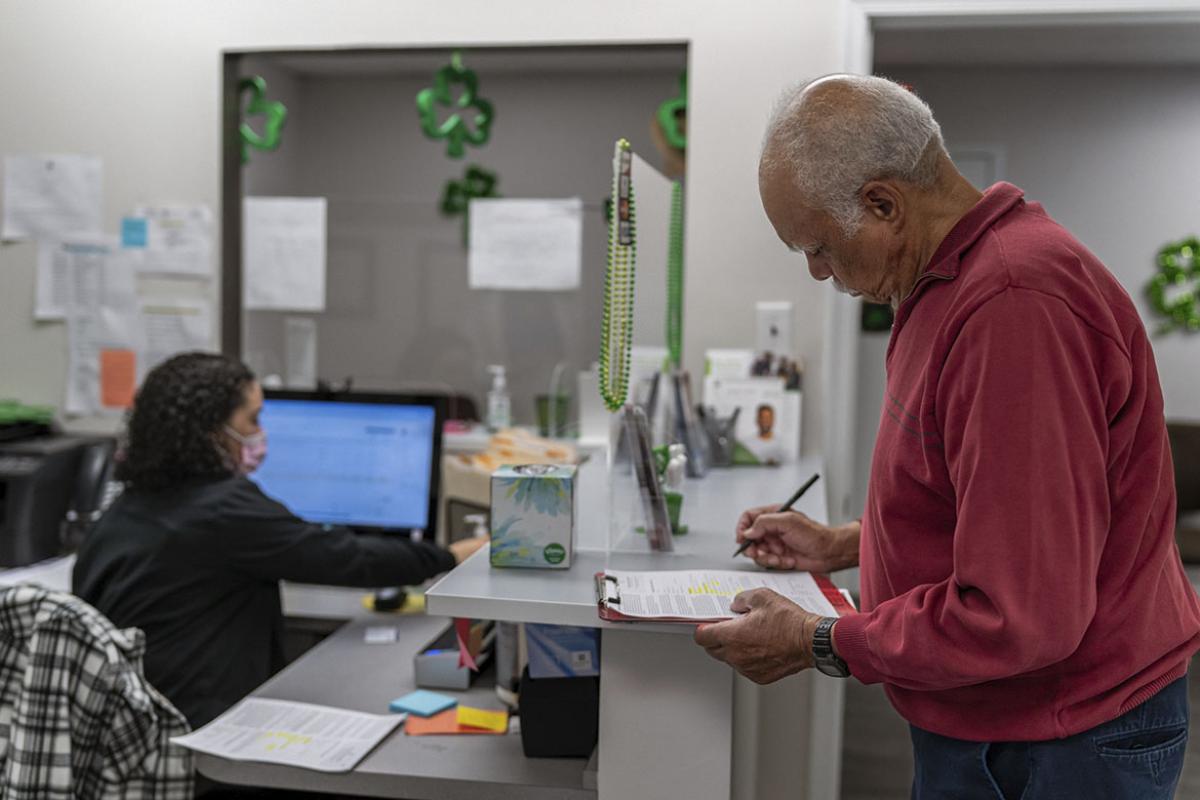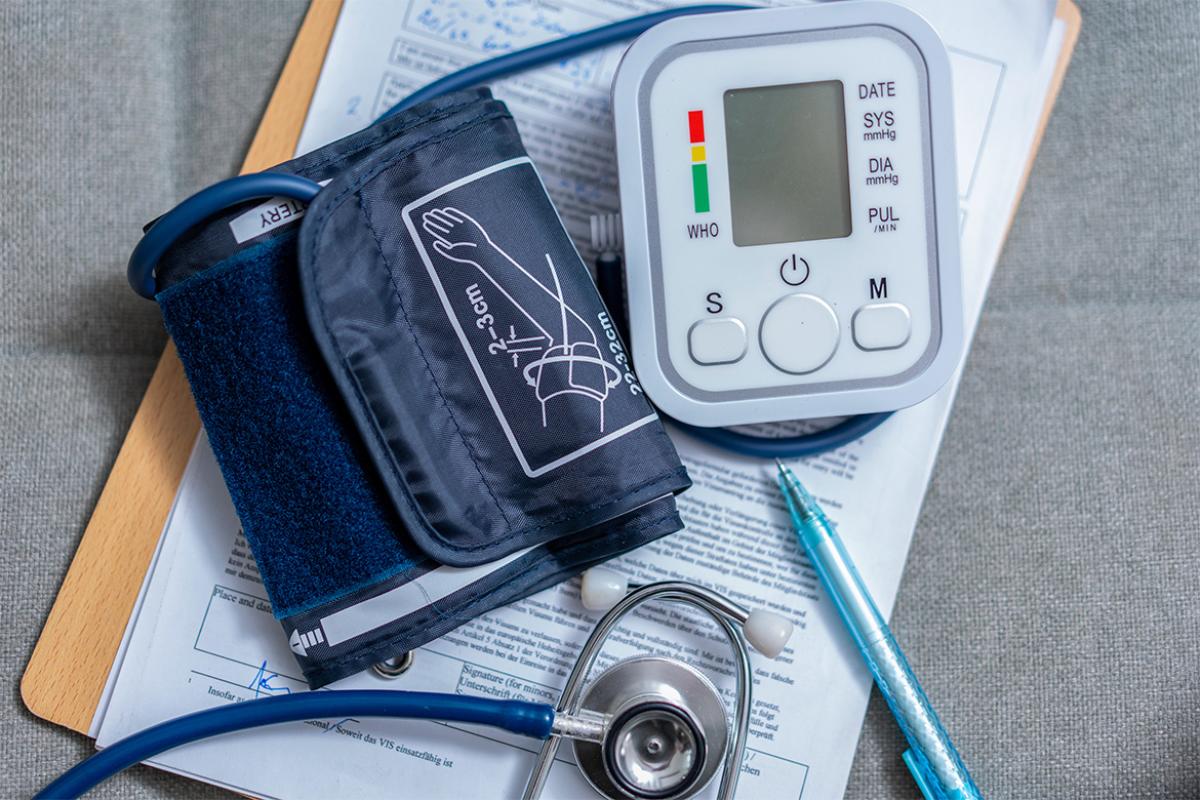At the heart of being a physician is caring for those who can’t care for themselves, so a healthy sense of moral courage is an important quality to nurture among physicians in training. New research has found a promising way to measure moral courage and pointed to differences based on gender, length in residency and religiousness.
Interns and residents from two Northeastern academic medical centers were tested in 2013, when researchers employed a pioneering test that called on trainees to anonymously complete a survey about moral courage, empathy and speaking up about patient safety.
For the purposes of this experiment, moral courage is defined as the willingness to stand up for and act on one’s ethical beliefs despite barriers, such as medical hierarchy and concerns about evaluations and career opportunities.
“Such courage is critical to physicians’ commitment to act in the best interest of patients,” said the researchers in a report published in Academic Medicine. Their study is the first known attempt, they said, to measure moral courage in physicians, and their survey model could help educators measure the effectiveness of medical school education in ethics.
In its first run, the survey tool revealed some provocative results:
- Women are less likely than men to act on their moral beliefs. “These findings are consistent with prior research demonstrating gender-based differences of empowerment and confidence for physicians in training,” the report said. “More research to confirm and better understand these differences is needed.”
- Residents were more likely to show moral courage than interns. Researchers said interns’ reluctance to act could be linked to their “greater susceptibility to the conforming pressures in the clinical environment that may conflict with their own moral values.”
- Survey results showed religious trainees were no more likely than nonreligious trainees to act on their values. “In the context of the doctor-patient relationship, other motivators, such as a sense of fiduciary duty to patients, may motivate morally courageous behavior regardless of the religiousness of the physician,” the authors said.
In the survey, 352 subjects in internal medicine and surgical specialties reacted to statements intended to gauge moral goals, moral agency and endurance of threats. Statements included:
- I do what is right for my patients, even if it puts me at risk (e.g., legal risk or risk to reputation).
- My patients and colleagues can rely on me to exemplify moral behavior.
- I use a guiding set of principles from my profession to help determine the right thing to do for my patients.
The researchers concluded that their tool advances the scrutiny of moral courage at a time when medical schools are investing more resources in the study of ethics, “and may help researchers and educators identify deficits, track progress on a set of desired behaviors in response to curricular interventions, and better understand the foundations of physician behavior.”
By its very use, their measurement model could underline the importance of moral courage as an educational and institutional priority, the authors said.
They said future research should examine the relationship between scores on their model and measurements of burnout and other factors that affect physicians.
For more on ethics and related topics, consult other AMA resources:
- AMA Code of Medical Ethics modernized for first time in 50 years
- The physician’s ethical role in mental illness
- Focus on training: Treating patients with intellectual disabilities
- Ethical questions concerning medicine and the law
- Ethics committees: Exploring the past, present and future
- New era of high-value care meets medical ethics



